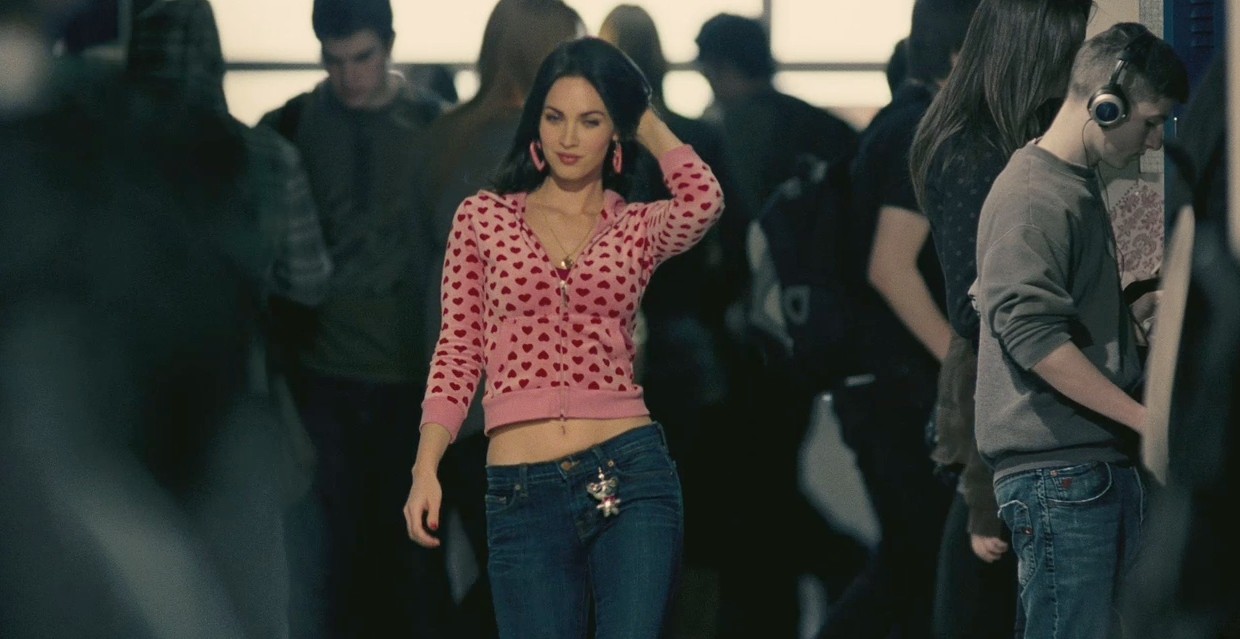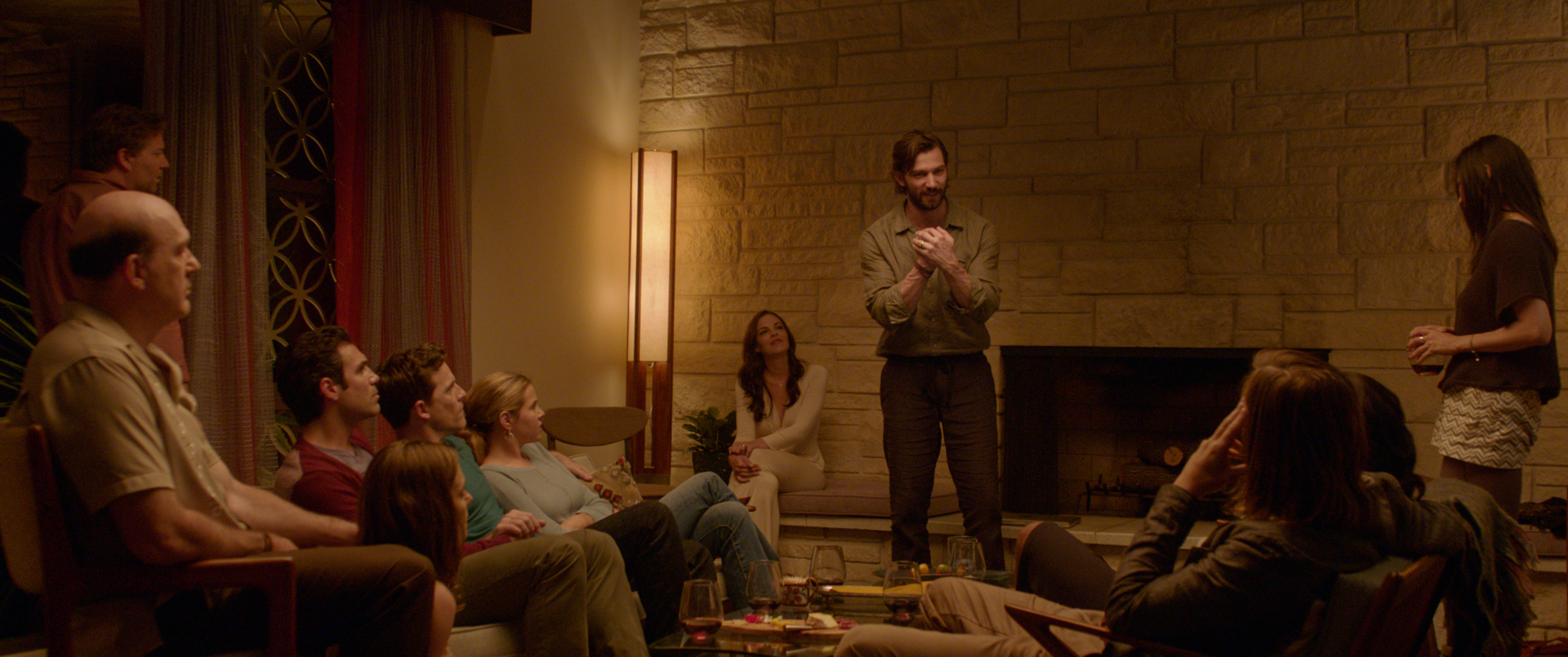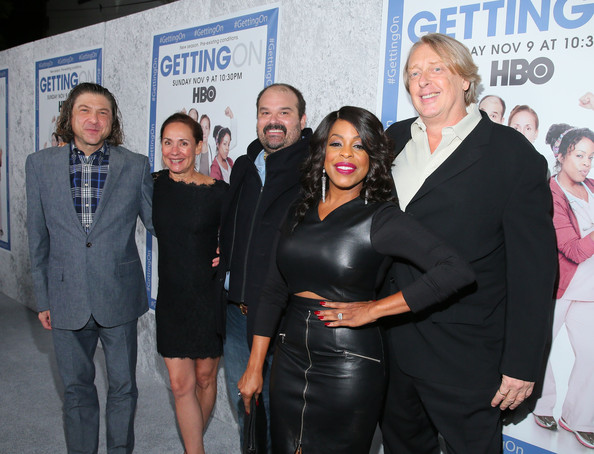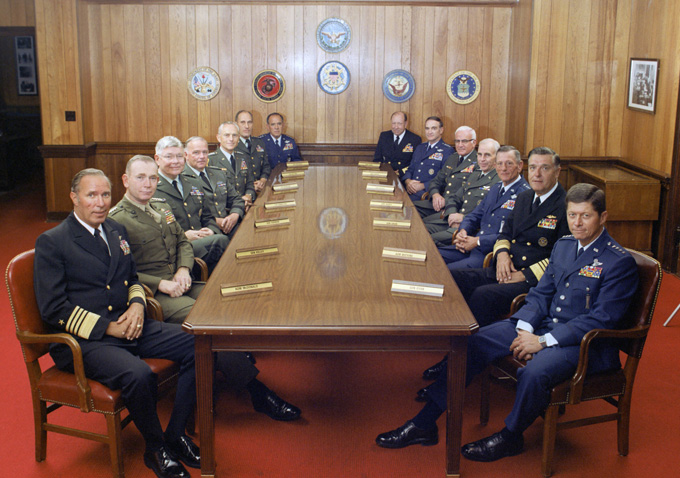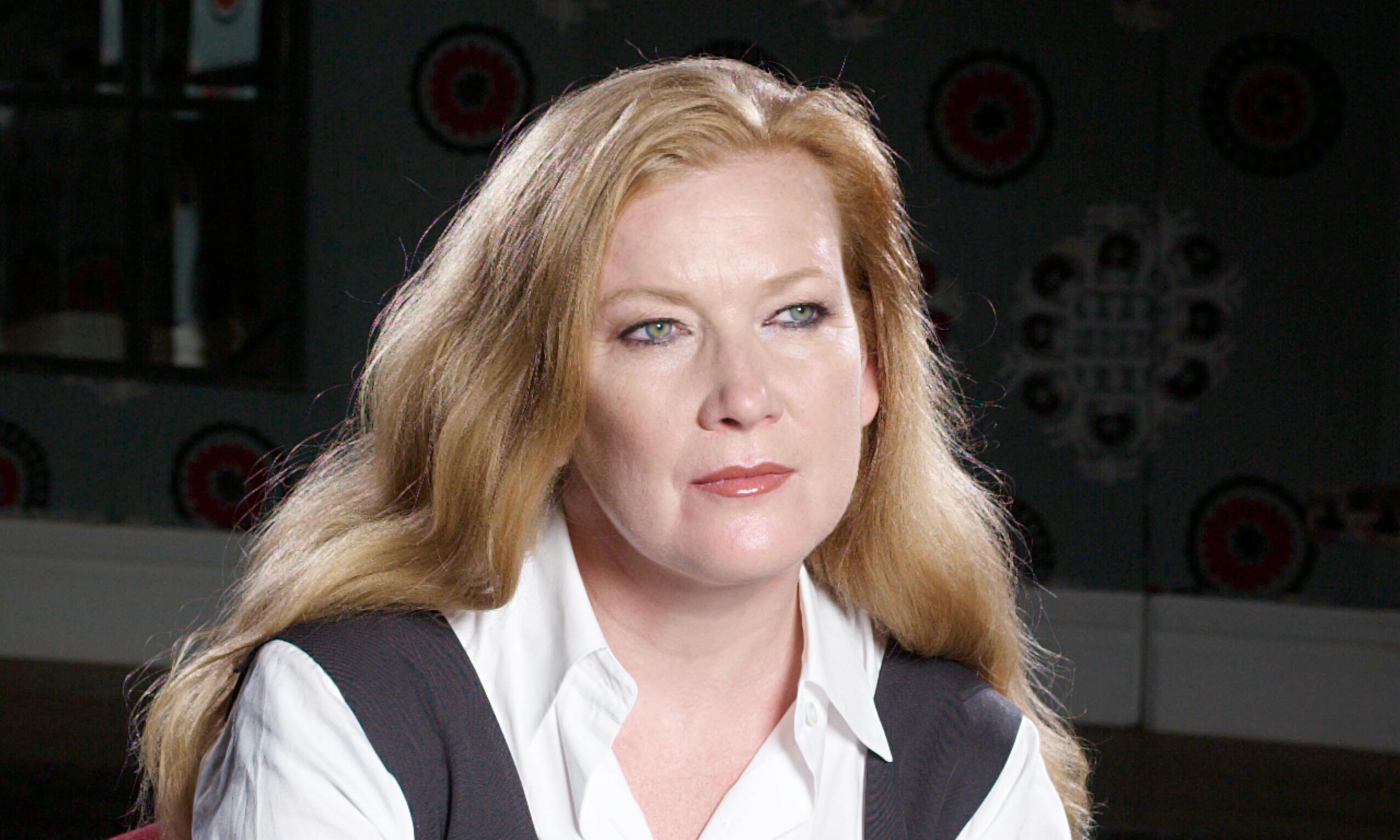
Tribeca Film Festival: A Conversation with Acclaimed Writer/Director Andrea Arnold
by Susan Kouguell
At the Tribeca Talks series at the 2016 Tribeca Film Festival, filmmaker Ira Sachs (“Love is Strange”) interviewed U.K. writer and director Andrea Arnoldabout writing, filmmaking, and surrendering.
In 2005 Arnold’s short film, Wasp, earned an Academy Award. She also received two BAFTA awards and two jury prizes at Cannes, as well as a multitude of festival accolades for her films, “Milk,” “Dog,” “Red Road,” “Fish Tank” and “Wuthering Heights.” On television she has directed two episodes of “Transparent.” Arnold’s latest film, “American Honey” starring Shia LaBeouf and Riley Keough (recently acquired by A24) about a crew of teens who sell magazines across the Midwest is her first to be filmed in the U.S. “American Honey” is one of just three films from female directors in the 2016 Cannes Film Festival’s main competition and one of two from the U.K.

On Filmmaking
In Andrea Arnold’s films many of the actors are non-actors and they employ street casting.
Sachs: The shooting process has surprises, dangers, and risks.
Arnold: I love that. It brings life. I don’t like knowing everything that’s going to happen on the shoot.
Sachs: What frightens you in filmmaking?
Arnold: I like the obstacles. In the last one (‘American Honey’), I think I pushed it. It was very tough, there were days I had scenes with loads of non-actors, and there were a few days I really pushed it. What are you frightened of?
Sachs: I’m burdened by everything.
Arnold: The money?
Sachs: Yes, the money. It’s fear and fearlessness. You navigate between the two; I don’t panic in it.
Arnold: I remember before starting the film, I was taking a lot of risks that definitely entered my head. I try not to let the money stop me, you worry too much then you don’t push it. I do feel responsible for the money.
Sachs: Do you think your
filmmaking has changed?
Arnold: I feel like the last
film I made was the most me I’ve ever been. I trusted myself totally, the most
I’ve ever done. In that way it has changed.
 About Screenwriting
About Screenwriting
Sachs: How do your ideas
for film begins?
Arnold: Usually what starts
driving me is an image I have that won’t go away. For ‘Fish Tank’ I had
an image of a girl pissing on the floor in someone’s house, it wasn’t her
house. And I thought ‘What is this girl doing?’ and then I start thinking about
what that means and who she is, where she comes from, why she’s doing that, and
so I start a mind map.
Surrendering
Arnold: Sometimes when
you’re filmmaking things don’t always go the way you were expecting. You know, I have such a beautiful
vision in my head in my head before the shoot, and then we get there and of
course it’s different.

On Improvising
Sachs: With your
screenplays, does the dialogue or the action ever change when you’re
shooting? Is there any
improvisation? How concerned are
you with preserving what you’ve written?
Arnold: I always have this
romantic idea about improvising but then we go on set and there’s no time to
get the same coverage. I think it’s sometimes valuable when you have scenes
that might not be working. And this last film (‘American Honey’) we did more
than normal. I let them put in some of their own words but it’s definitely my
story but they did do it in their own kind of way.
Sachs: I never liked
improvisation. I want it restrained.
Using Film
Arnold: We did start with
film, but it was way too difficult; we had to keep changing magazines. I like
film a lot. Somebody said the other day, which I thought was a very good
way of describing it; “When you see a shot of a man in an empty room, on video,
you think someone has left the room, and when you see it on film, you think
someone is about to come in.” There’s nothing like film.

On Rehearsing
Sachs: Do you give actors
the whole script? Rehearse?
Arnold: I haven’t rehearsed
in a long time. I don’t like to rehearse. In ‘Fish Tank’ I gave them pages once
a week and they learned it bit by bit. On this last one, ‘American Honey’ I
gave them pages every day — they didn’t know what was coming!
Final Words
Sachs: Advice for first-time directors?
Arnold: Be yourself. There’s
only one of you. Be unique, trust that.

